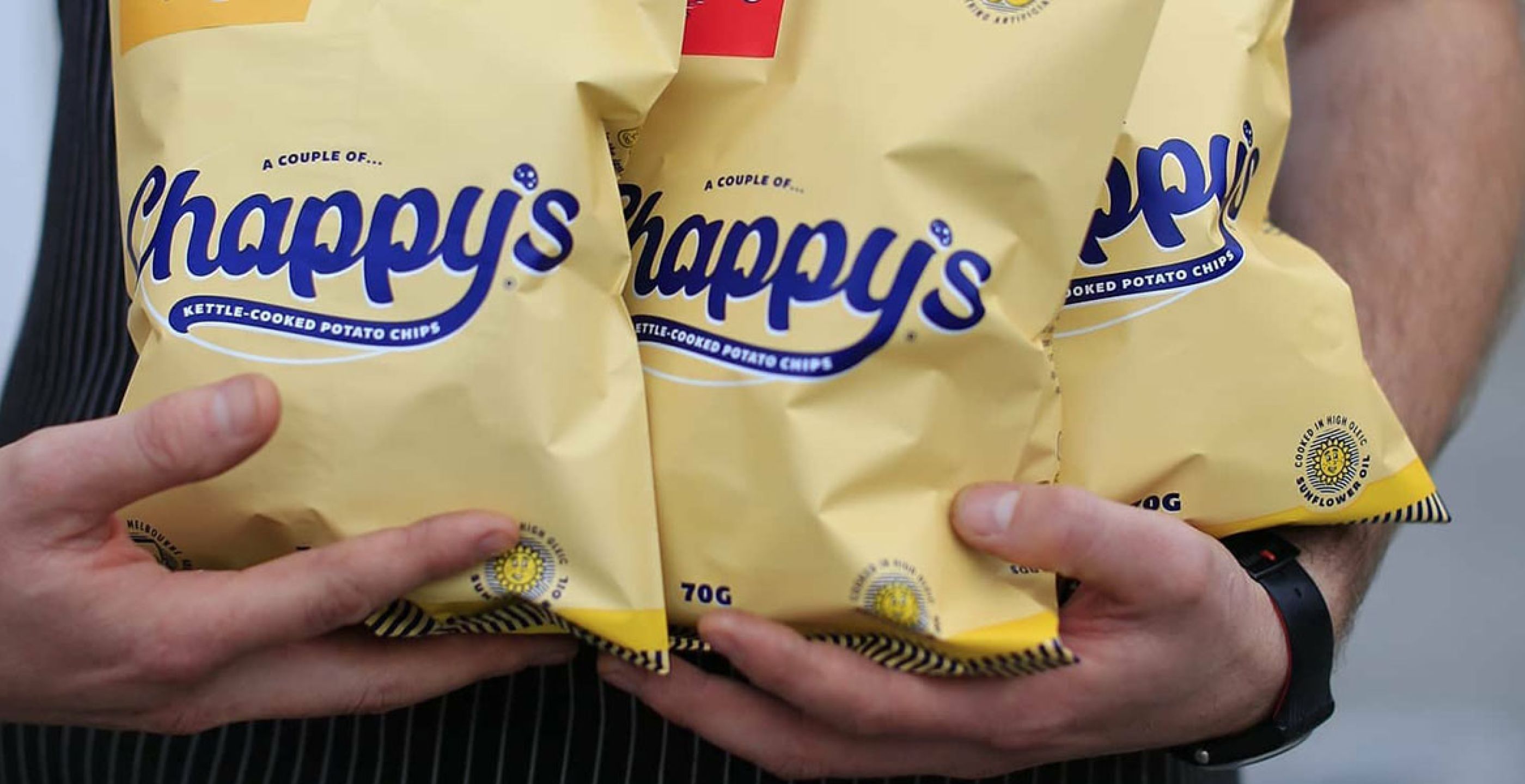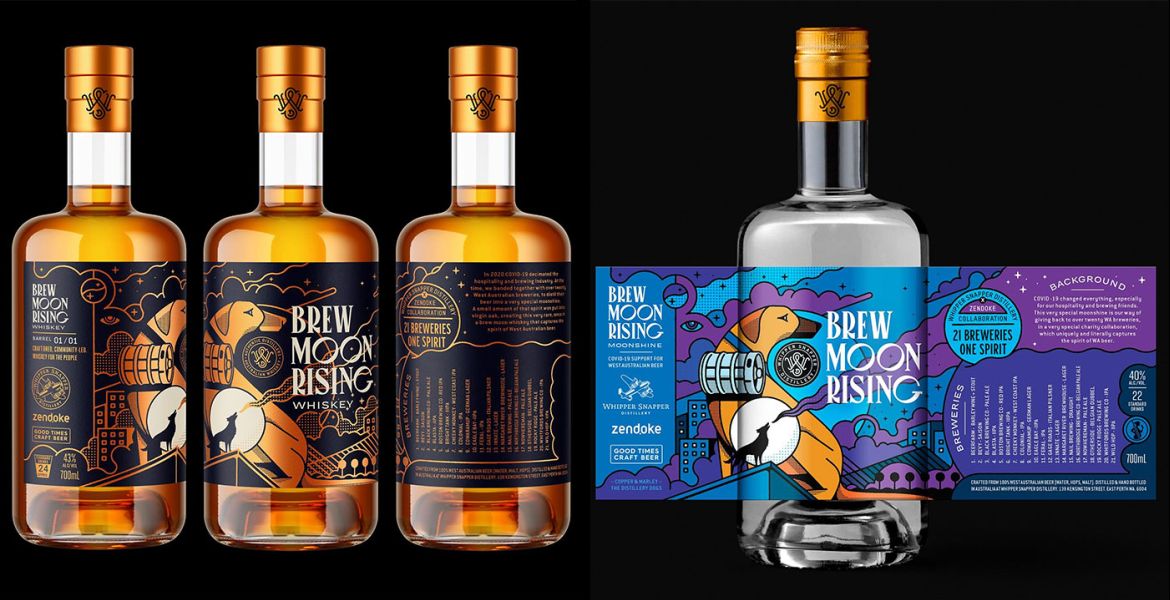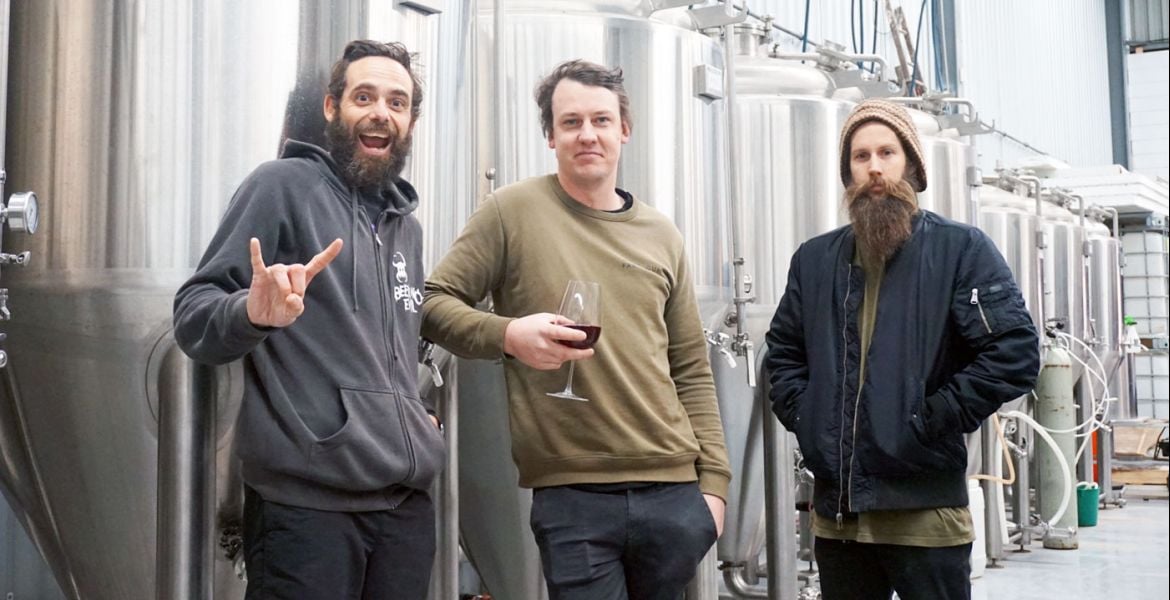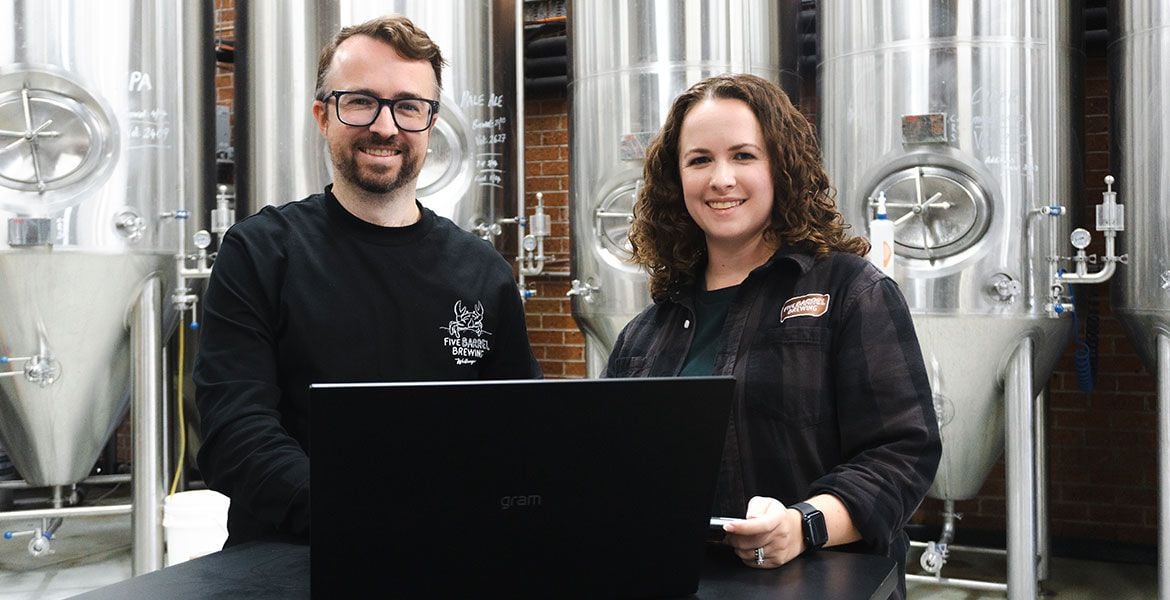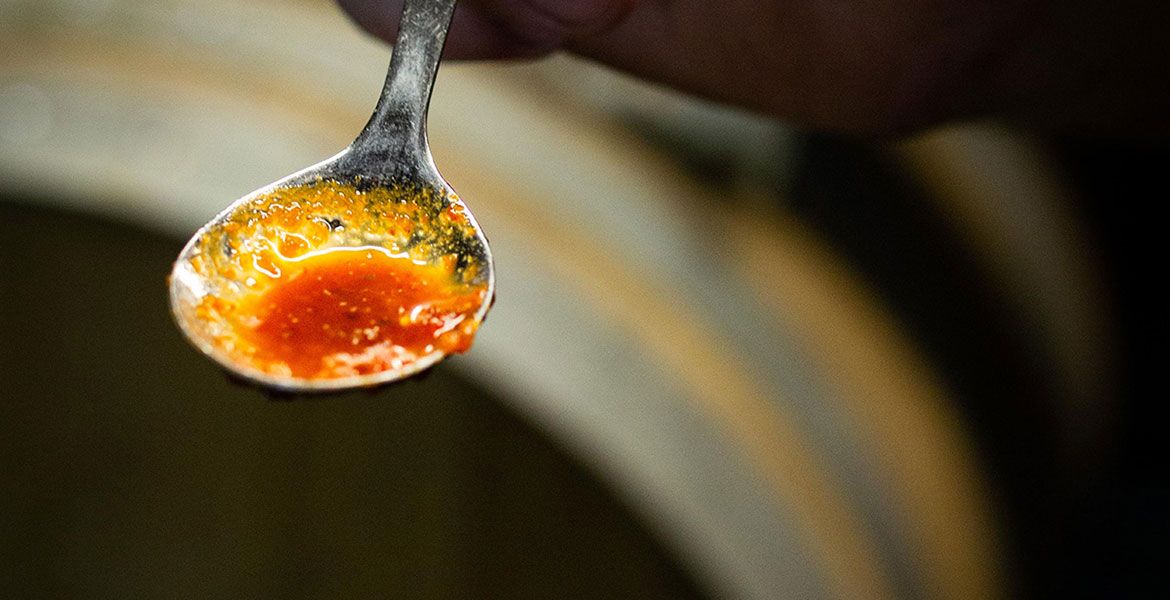For craft beer loving Melburnians, recent times have ensured the places where we can enjoy a beer are few and far between. Picnics might be back for the fully-vaxxed this weekend, and hopefully the last couple of months haven't stopped you popping in to support your local beer business. And whether it's your local bottleshop or bar you've been shopping, maybe you’ve been enjoying your local beers with some local chips too.
Over the past year, Chappy’s Snacks have become an increasingly common sight in good bars, bottleshops and brewery venues around Melbourne, and behind the Chappy name is a small team as passionate as the city's brewers when it comes to bringing locally made and flavour-forward products to the people.
It's a story that's closely entangled with the local beer would too; before Harry Stephens had a kitchen dedicated to his chips in Port Melbourne, you would only have found them in one brewery: Thunder Road in Brunswick East.
For close to three years, Harry was head chef at the brewery and, from 2018, he was hard at work experimenting with a range of root vegetables in the taproom’s impressive airstream food truck.
“I wanted to make the menu different to your average brewery,” Harry says.
“We were doing all types of tubers; it wasn’t just potato, it was beetroot, sweet potato, and there were some yams in there.”
Although it was a colourful offering, Harry says he found the quality of the oil often dropped over time so he decided to focus on potatoes, while the rest of the brewery team – and the Thunder Road regulars – were keen to see Harry develop the idea further.
“Chappy's was a bit of a side hustle for about 18 months before I left,” he says.
“Customers at Thunder Road appreciated that it was exclusive there and it was kind of their secret.”
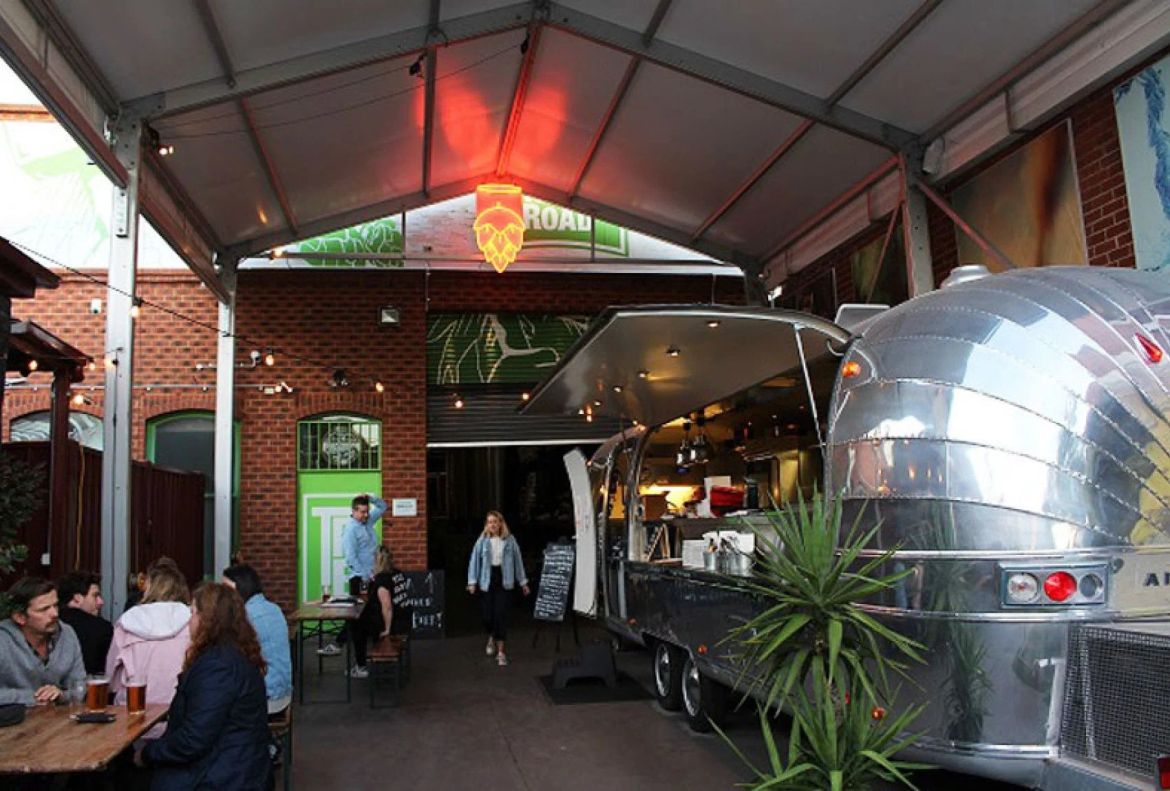
Working on Thunder Road’s ten-litre fryer, Harry says he would spend an entire day just making chips and, although the process hasn’t changed, his kitchen in Port Melbourne now makes life a little easier.
“It was such a laborious job, but now we have 40-litre fryers and five of them sitting next to each other,” Harry says.
From the moment he picks the potatoes up, each step in the process is quite labour intensive, but he says it helps create a better flavour: a more unique chip with a particularly appealing level of crunch.
“We slice them, cook them by hand, package them by hand, and season them by hand,” he says. “So it really is a pretty boutique chip.
“We take a lot of pride in making sure every batch of chips we make is up to standard, that every bag is evenly seasoned.”
Some of the key points of difference with his kettle-cooked chips come from cooking them slower, at lower temperatures, and in small batches that are moved while they cook. He says most chips you see on supermarket shelves are cooked at temperatures above 190 and fried over a short period, normally a couple of minutes on a conveyor belt.
“Whereas our chips are in the oil, depending on the potato, they could be in ten minutes and the minimum is probably seven minutes,” Harry says.
“We only cook from a really low temperature, they go in at about 150, and we bring the temperature up, gradually. So, the integrity of the oil is long-lasting.”
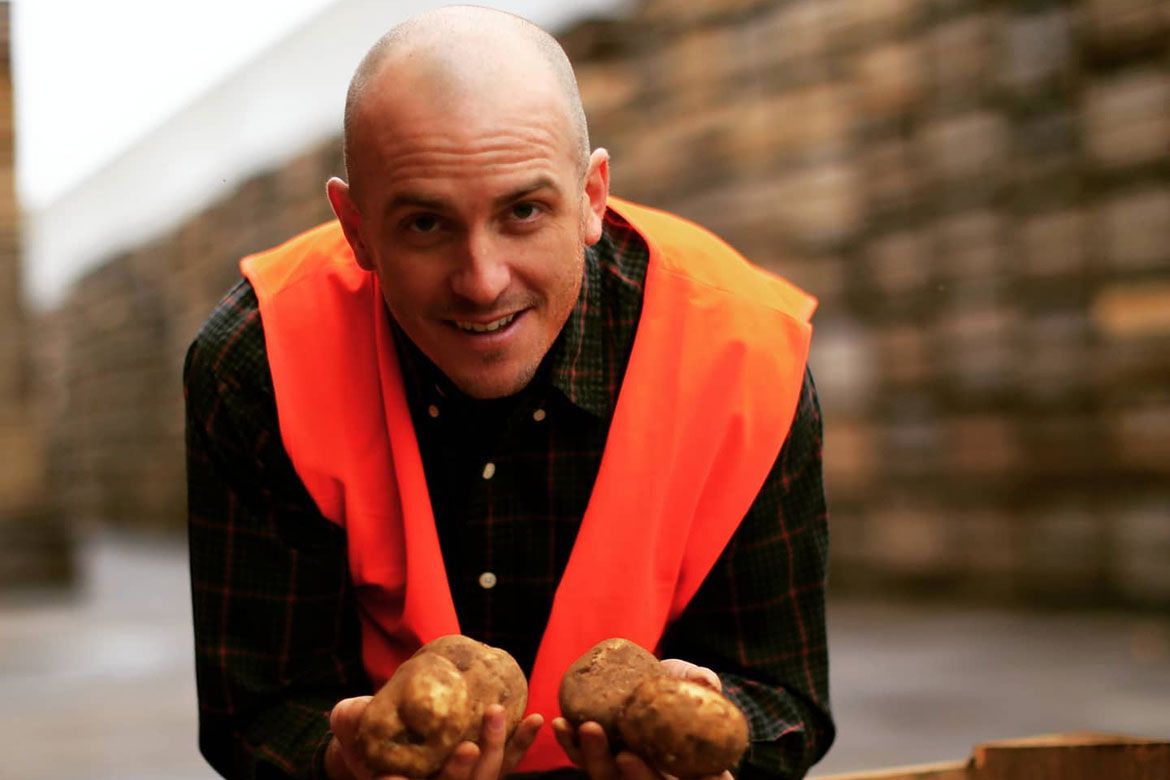
It’s that approach, the fact Chappy's is a small-scale operation, and one that offers a diversity of flavours – the range includes Sea Salt, Mango Habanero, Hot n Sassy, Dill Pickle, Honey Dijon and Smoked Tomato – that Harry thinks made it easy for the Melbourne beer world to embrace what he does. He says the likes of Carwyn Cellars, Beermash and Otter’s Promise are among his biggest customers.
“They just chew through them, when they are open obviously, not so much when we’re in lockdown which has been challenging. But they’re absolute legends who love their beer and their customers have been loving the choice.”
For small bars and bottleshops where craft beer is the focus, you don't often find kitchens, with venues instead relying on local takeaways to keep people fed. It means Chappy’s are often one of the few food options you can buy over the bar. What's more, given the diversity of what's on tap and in fridges, he says the chips are creating fun pairings.
“There are places that like to say, 'Hey grab this mango gose and try it with the Mango Habanero chips.'," Harry says.
“That’s a really fun way of sitting down in a bottleshop [or] bar and pairing it with a local craft beer. That’s awesome – particularly when you see it.”
And Mango Habanero is one flavour that's picked up a lot of love in craftier beer circles, providing further evidence that the Venn diagram between hop heads and hot sauce fans often closely resembles a perfect circle. But when it comes to pairing his chips with beers, Harry suggests a few other places to start.
“I definitely like Dill Pickle with a really crisp lager,” he says. “Because the dill is quite a powerful flavour, having that cut through from a crisp lager makes for really easy drinking. Or you can go a bit wilder and have it with a sour as well, which is kind of two sours at the same time.
“I like the Smoked Tomato with a more hoppy beer, because it’s quite savoury, and when you have a really fruity IPA, it’s nice to have that smoky or savoury chip.”
Having launched during a pandemic, Harry says life with COVID is the only one they’ve known as a small business, and although there’s a lot to enjoy about chips and beer on the couch, his desire is to see people back enjoying them in the wild.
“I started this business to service the hospitality industry – bars and pubs – because that’s where I’ve come from and that’s what I love,” he says.
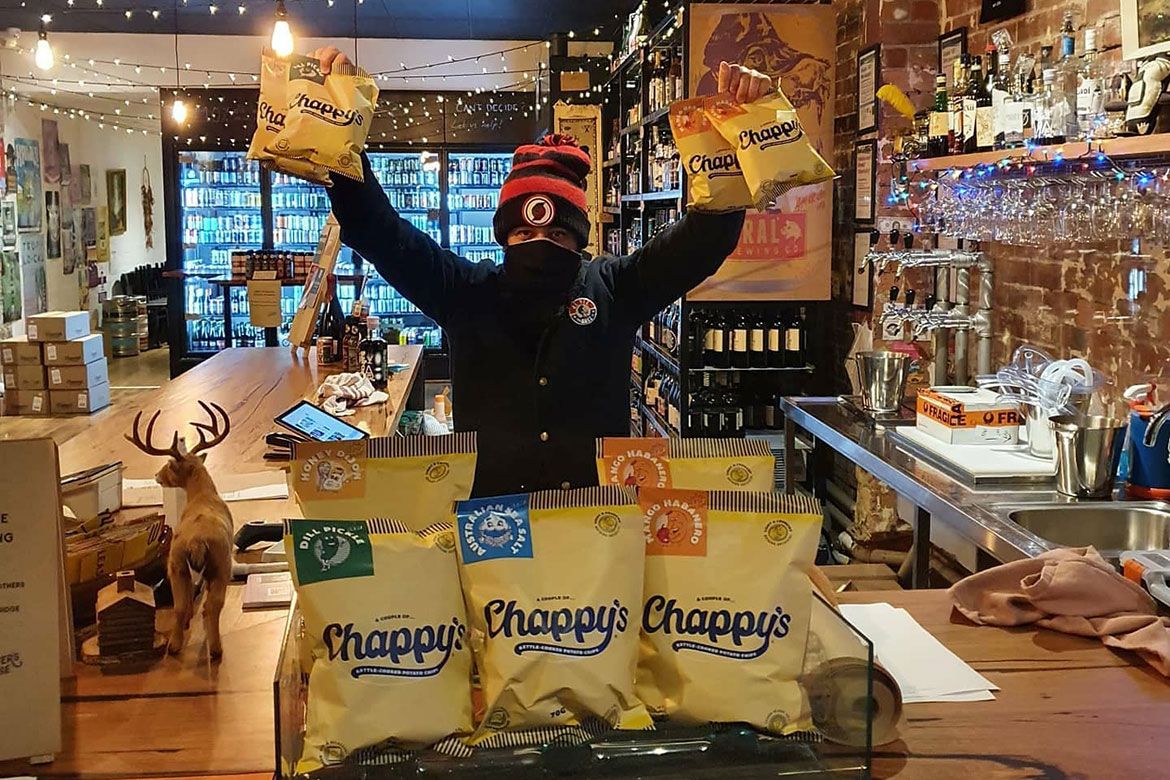
As well as seeing the launch of a limited release chip impacted by a snap Melbourne lockdown, there are close parallels in some of the issues Chappy’s face and those many in the beer industry know only too well, not least growing to meet demand. He says they’ve outgrown two kitchens and are already looking for the opportunity to grow into another space; they hope to be making somewhere around 3,000 bags a week by the end of October.
“We keep on hitting our limit,” Harry says. “Our limit a couple of months ago was 1,500 bags a week and now we’re doing about 2,000 bags a week. The supply and demand is clashing every couple of months; we’re we sort of having to step up to take on new customers.
“I haven’t had to say no to any people, apart from interstate because we’re only wholesaling in Victoria.”
As for the future, Harry says he’s often talked about collaborating with other local businesses to bring flavours to life, while one of his hopes for the near future is finding ways to get more chips out to people with a less packaging.
As for the name, it predates Harry’s early batches at Thunder Road and can be traced back to his childhood. He tossed around a lot of different ideas before launching with a reference to a classic colloquialism associated with growing up.
“My parents used to ask us kids, ‘Are you a happy chappies?’ when we were eating or had just finished,” he says.
“It’s got happy in it; it rolls off the tongue and it’s almost chippies.”



